Description
- Coco 8peat: A Sustainable Growing Medium
Pure
Cocopeat, also known as coir pith or coir dust, is a natural, renewable growing medium derived from the husk of coconuts. It is a by-product of the coconut industry, produced during the extraction of coir fiber from coconut husks. has gained immense popularity in gardening, horticulture, and agriculture due to its eco-friendly nature, excellent water retention, and aeration properties.Composition and Properties
composed mainly of lignin and cellulose, which give it its fibrous structure and durability. It is brown in color, lightweight, and spongy in texture. One of its standout features is its ability to retain water—coco peat can hold up to 8–9 times its weight in water. This makes it especially useful in arid regions or areas with limited water availability. It also offers good aeration to plant roots, preventing waterlogging and encouraging healthy root growth.
Unlike traditional soil, coco peat is free from harmful pathogens, weeds, and contaminants when properly processed. It is pH neutral to slightly acidic, typically ranging between 5.5 and 6.8, which is ideal for most plants. It is also rich in potassium but low in calcium and magnesium, which means it may need to be supplemented with additional nutrients for optimal plant growth.
Processing and Forms
The process of making coco peat begins with collecting the coconut husks, which are then soaked in water to soften the fibers. After the fibers are removed for making ropes, mats, and brushes, the leftover pith is dried, sieved, and compressed into various forms like blocks, bricks, discs, or loose powder.
Coco peat blocks and bricks are particularly popular among gardeners and farmers. These compressed forms expand significantly when soaked in water, making them easy to store and transport. Once rehydrated, cocopeat becomes a soft, soil-like growing medium suitable for a wide range of applications.
Applications in Horticulture and Agriculture
Coco peat is used extensively as a soil amendment and a standalone growing medium. It is ideal for seed starting, hydroponics, container gardening, and greenhouse cultivation. Due to its ability to retain moisture and improve aeration, it helps create a healthier environment for plant roots.
In hydroponic systems, coco peat often replaces soil completely, offering better control over nutrient delivery and root health. In potting mixes, it is frequently combined with compost, perlite, or vermiculite to enhance its performance. Coco peat also plays a crucial role in reducing the weight of container gardens, making it easier to manage plants on balconies, rooftops, or urban gardens.
Environmental Benefits
One of the biggest advantages of coco 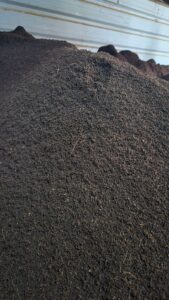
cocopeat is its sustainability. It utilizes what would otherwise be waste material from the coconut industry. Unlike peat moss, which is mined from non-renewable bogs, coco peat is renewable and biodegradable, making it an eco-friendly alternative.
Using coco peat also promotes water conservation. Its high water-holding capacity reduces the frequency of irrigation, helping to save water in large-scale farming or home gardening setups. Additionally, coco peat helps reduce the reliance on chemical-based soil conditioners and fertilizers, especially when used in organic farming systems.
Limitations and Considerations
While cocopeat offers numerous benefits, it is not without limitations. Raw or unwashed cocopeat may contain high levels of salt, which can be harmful to plants. Therefore, it must be properly washed and buffered before use. Additionally, since cocopeat lacks significant nutrients, it should be supplemented with fertilizers or nutrient solutions for optimal plant growth.
Cocopeat is a versatile, sustainable, and highly effective growing medium for a wide range of horticultural and agricultural applications. Its ability to retain moisture, promote aeration, and support healthy root systems makes it a preferred choice for gardeners and farmers alike. As awareness of sustainable farming practices grows, cocopeat continues to gain traction as a reliable and eco-conscious alternative to traditional soil and peat-based products.
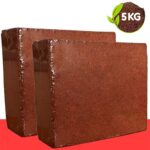
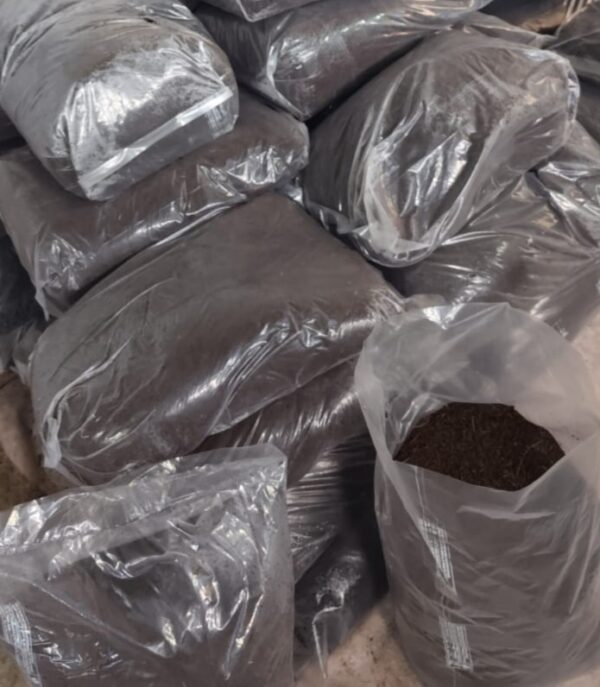
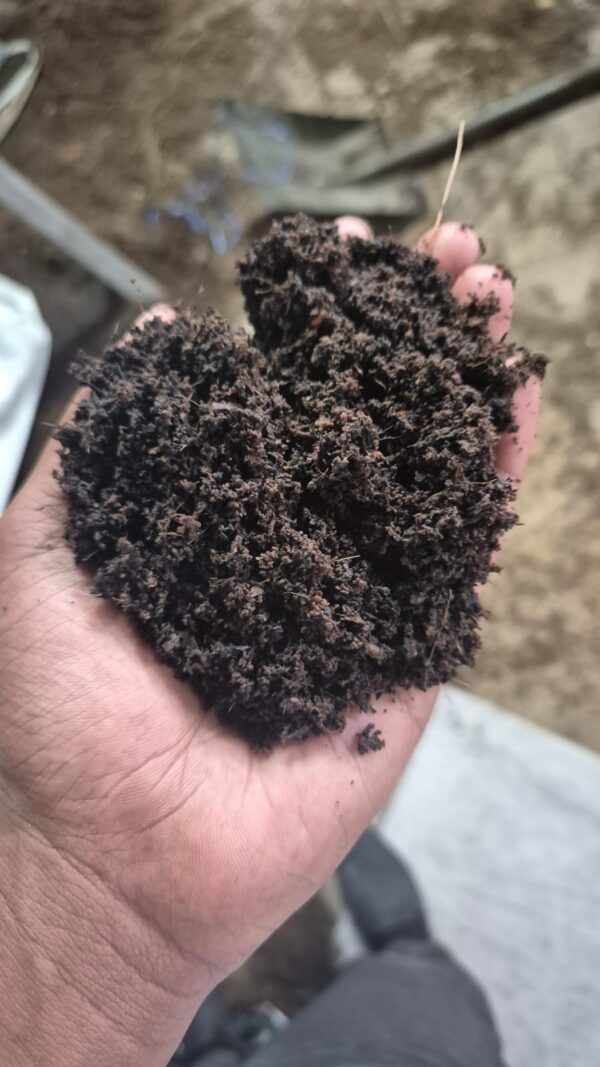
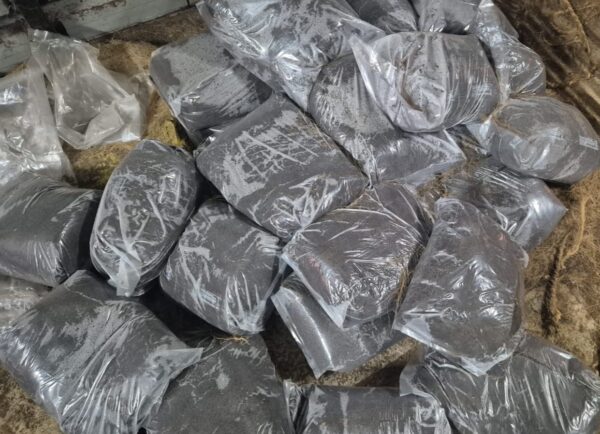
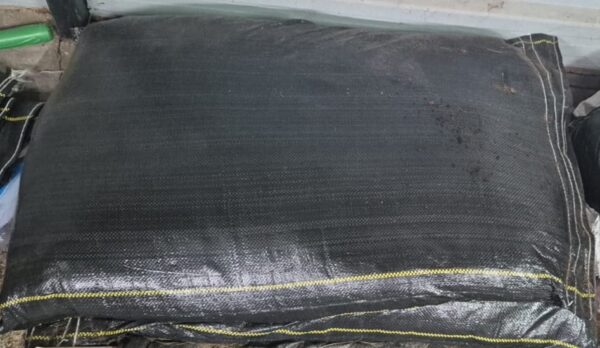
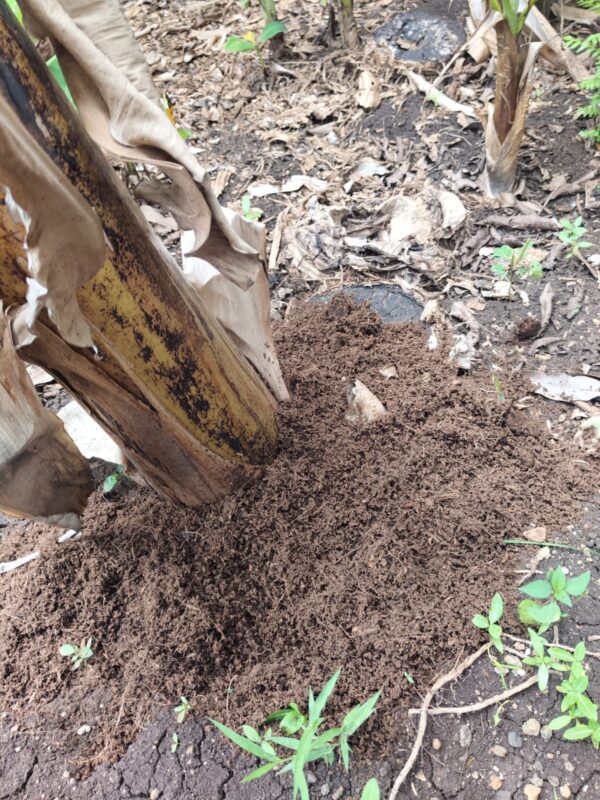

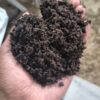
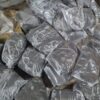

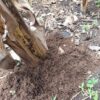
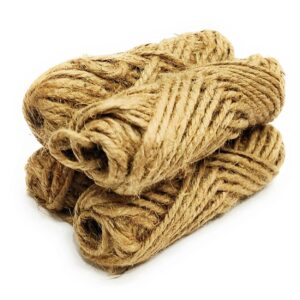
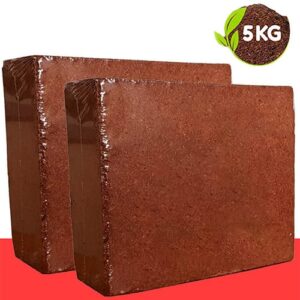
Reviews
There are no reviews yet.